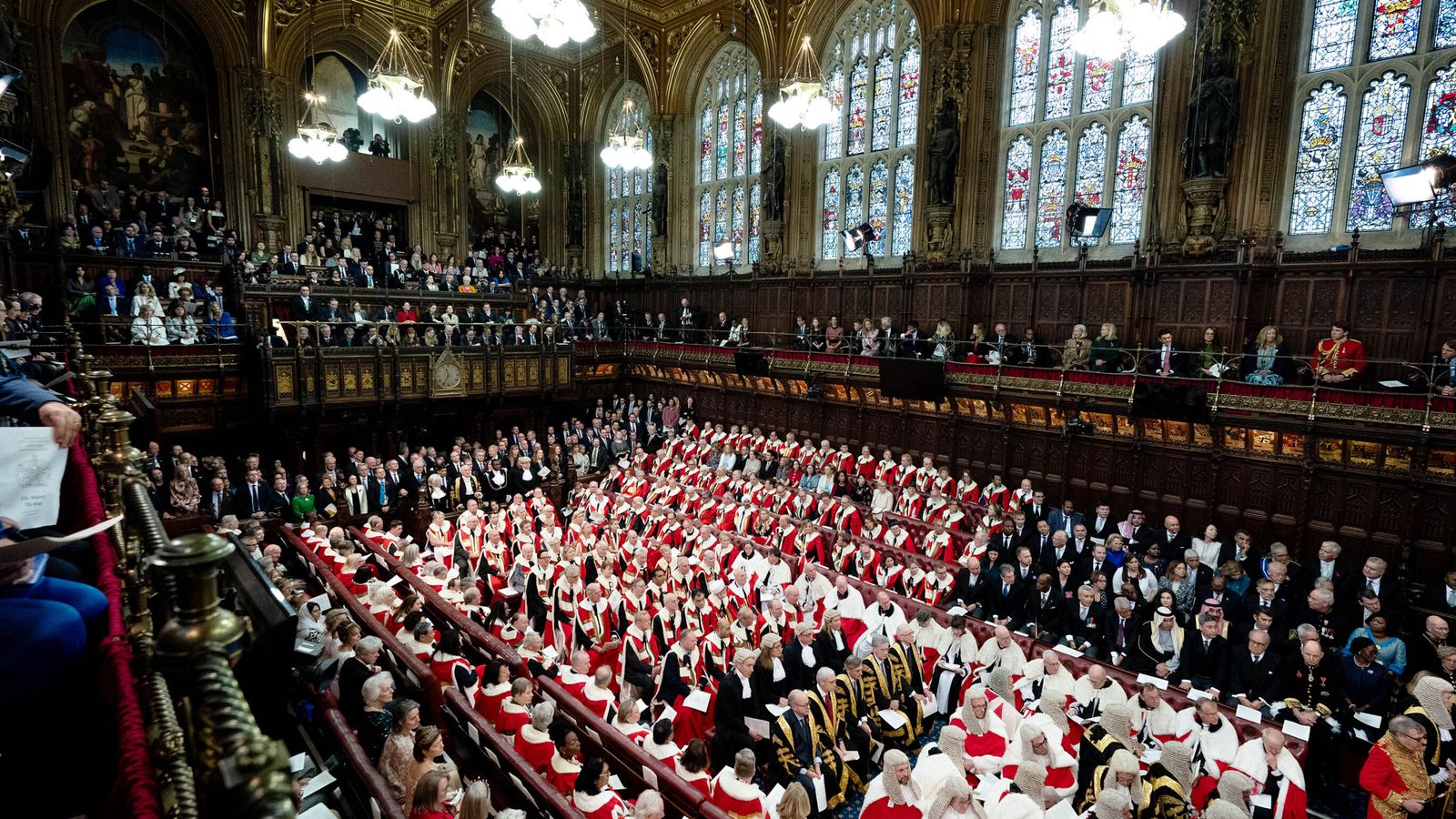After nearly a month of uncertainty, GOP members of the Senate Commerce Committee met last week to discuss whether to give their chair unilateral authority to haul Big Tech CEOs before the panel, according to two people familiar with the private meeting.
Sen. Ted Cruz’s bid for broad subpoena powers has predictably frustrated Democrats, who fear it could undermine the committee’s tradition of bipartisanship. The Trump administration also made a surprise play to stop the Texas lawmaker from moving forward with his plans, anxious about his plans to go after industry with which many top government officials are quite cozy.
But one person, granted anonymity to speak candidly about the situation, indicated there is consternation even among some Republicans about giving their colleague so much control.
“There were a variety of opinions,” the person said. “It was to take input.”
It puts Cruz in an awkward position as he seeks to find his footing as the leader of a powerful committee with jurisdiction over some of the major issues facing Congress under a new Republican governing trifecta.
Historically, the Commerce Committee chair’s ability to issue subpoenas to compel outside witness testimony has required sign-off from the ranking member or a vote by the full committee. Cruz, who took control of the gavel in January, has been seeking a change to the committee rules to allow the chair free reign to subpoena witnesses without buy-in from committee members.
Cruz scheduled a vote on the panel’s rules package for late January to give himself such privileges, but abruptly postponed consideration after the Trump administration pushed back.
President Donald Trump is close with tech executives, especially his close ally and leader of the Department of Government Efficiency, Elon Musk. And Cruz has signaled the committee, under his leadership, will in this Congress be going after the tech industry for what he sees as its predatory practices. The panel advanced legislation earlier this month that would prohibit children under the age of 13 from using social media and prevent social media companies from using certain algorithms to target minors.
Since that time, the rules package has been in limbo, with the recent meeting a sign that members might be ready to regroup.
One of the people familiar with the discussions said it’s still unresolved as to whether the Commerce Committee will adopt rules giving Cruz subpoena authority to compel testimony from the executives of major tech companies specifically.
But, that person added, there is an agreement among committee Republicans to allow Cruz to issue subpoenas unilaterally tied to illegal immigration and diversity, equity and inclusion practices during the Biden administration.
“As Chairman of the Commerce Committee, Sen. Cruz is fully committed to engaging in vigorous oversight, especially of Big Tech and their long-standing censorship practice,” a spokesperson for Cruz said in a statement. “Under Sen. Cruz’s leadership, the committee will use every available tool to engage in this and other vital oversight.”
Under Senate procedure, Cruz has until March 1 to adopt committee rules, though the procedures don’t explicitly say what would happen if he misses the deadline.
There is no enforcement mechanism to ensure rules are adopted by a standing committee, a Democratic Senate staffer familiar with the rules said, but the norm is that the previous Congress’ rules would continue for that committee if the deadline is missed — meaning a majority vote would still be required for a subpoena.




